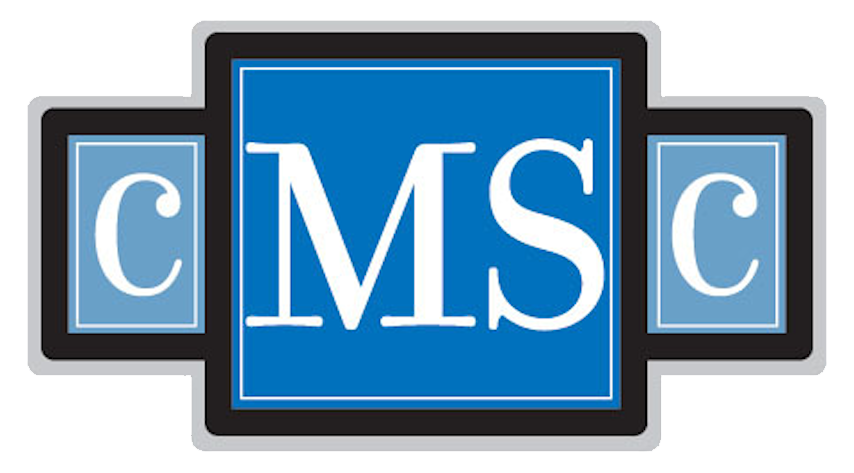
Release Date: July 31, 2019
Expiration Date: July 31, 2020
Description
Immune dysregulation is thought to be a key factor in the pathogenesis of multiple sclerosis (MS). This insight has led to the development of immunotherapeutic agents with targeted and varied mechanisms of action. Newer immunotherapies, which offer enhanced efficacy, are also associated with immune-related toxicities that must be anticipated and managed throughout the course of treatment. Moreover, strategies and risks related to treatment sequencing have become more complex, creating decision-making challenges for clinicians. This concise publication was developed to provide you with expert answers to frequently asked questions (FAQs) on Immune Dysfunction in Multiple Sclerosis.
Expert Faculty
Fred D. Lublin, MD, FAAN, FANA
Director of the Corinne Goldsmith Dickinson
Center for Multiple Sclerosis at Mount Sinai Medical Center
New York, NY
Robert K. Shin, MD, FANA, FAAN
Professor, Department of Neurology
MedStar Georgetown University Hospital
Washington, DC
Accreditation and Support Statement
In support of improving patient care, this activity has been planned and implemented by the Consortium of Multiple Sclerosis Centers (CMSC) and Catamount Medical Education. CMSC is jointly accredited by the Accreditation Council for Continuing Medical Education (ACCME), the Accreditation Council for Pharmacy Education (ACPE), and the American Nurses Credentialing Center (ANCC) to provide continuing education for the healthcare team.
This CE activity is supported by independent education grants from Biogen, EMD Serono, Genzyme, and Novartis.
Estimated time to complete: 15 minutes
Overview of Immune Dysfunction in Multiple Sclerosis
Immune dysregulation is thought to be a key factor in the pathogenesis of multiple sclerosis (MS). This insight has led to the development of immunotherapeutic agents with targeted and varied mechanisms of action. Newer immunotherapies, which offer enhanced efficacy, are also associated with immune-related toxicities that must be anticipated and managed throughout the course of treatment. Moreover, strategies and risks related to treatment sequencing have become more complex, creating decision-making challenges for clinicians.
To address the need for education about this topic, the Consortium of Multiple Sclerosis Centers (CMSC), the International Organization of MS Nurses (IOMSN), and Catamount Medical Education have developed Immune Dysfunction in Multiple Sclerosis: Modern Considerations in Treatment and Management, an educational program that is intended to improve clinicians’ knowledge of the role of immune dysfunction in treatment and management considerations for patients living with MS. This concise publication was developed to provide you with expert answers to frequently asked questions (FAQs) from participants of the program. If you would like to view the full online activity, please visit FAQMS.com.
Learning Objectives
Upon completion of this activity, participants should be better able to:
- Review the mechanisms of action of current and emerging immunotherapies for MS and their relevance to treatment decisions
- Discuss immune-related toxicities of current and emerging immunotherapies used for MS
Target Audience
This activity has been designed to meet the educational needs of neurologists, nursing professionals, PAs, and other healthcare professionals involved in the management of patients with MS.
Credit Designation
Physicians – The CMSC designates this enduring material for a maximum of 0.25 AMA PRA Category 1 Credit(s)™. Physicians should claim only the credit commensurate with the extent of their participation in the activity.
Nurses – The CMSC designates this enduring material for 0.25 contact hours of continuing nursing education credit (0.25 in the area of pharmacology).
All other healthcare professionals completing this course will be issued a statement of participation.
Faculty Disclosures
Fred D. Lublin, MD, FAAN, FANA, Program Chair has declared the following relevant financial relationships:
Sources of Funding for Research: Actelion, Novartis, Sanofi, Teva, Transparency Life Sciences, and the National Multiple Sclerosis Society
Consulting Agreements/Advisory Boards/Data and Safety Monitoring Board: AbbVie, Acorda, Actelion, Apitope, Atara Biotherapeutics, Bayer HealthCare, Biogen, BrainStorm Cell Therapeutics, EMD Serono, Forward Pharma, Innate Immunotherapeutics, Mapi Pharma, MedDay Pharma, MedImmune, Novartis, Orion Biotechnology, Polpharma, Receptos/Celgene, Regeneron, Roche/Genentech, Sanofi/Genzyme, Teva, TG Therapeutics
Robert K. Shin, MD, FANA, FAAN has declared the following relevant financial relationships:
Consulting Fee: Biogen, Genentech, Genzyme, Mallinckrodt, Novartis, EMD Serono
Speakers Bureau: Biogen, Genentech, Genzyme, Mallinckrodt, Novartis, EMD Serono
Activity Staff Disclosures
- The planners, reviewers, editors, staff, or other members at CMSC who control content have declared no relevant financial relationships.
- The planners, reviewers, editors, staff, CME committee, or other members at IOMSN who control content have declared no relevant financial relationships.
- The planners, reviewers, editors, staff, CME committee, or other members at Catamount Medical Education who control content have declared no relevant financial relationships.
Claim CE Credit
To receive credit, please read this FAQ in its entirety and log on to FAQMS.COM and complete the post-test, evaluation questions, and demographic information. Choose the best answer to each test question. To receive a certificate, you must receive a passing score of 100%.
There is no fee to participate in this activity.
You will be provided immediately via email with your CE certificate.
